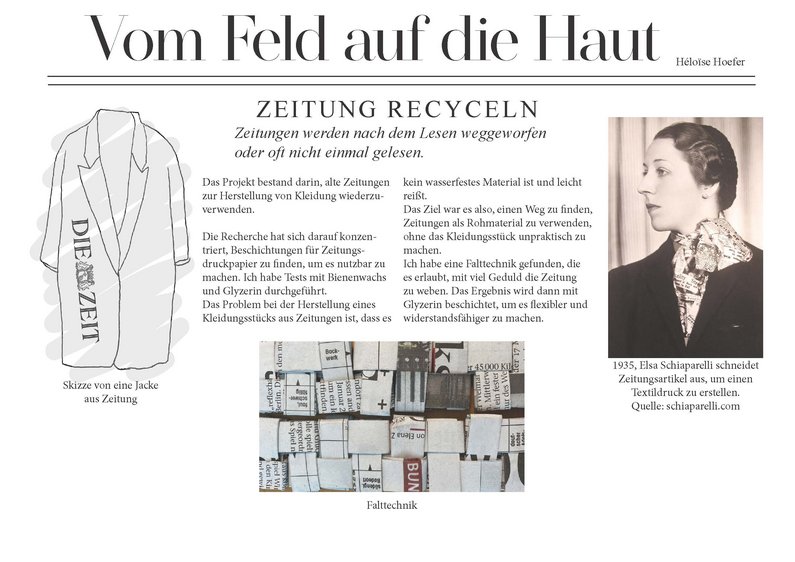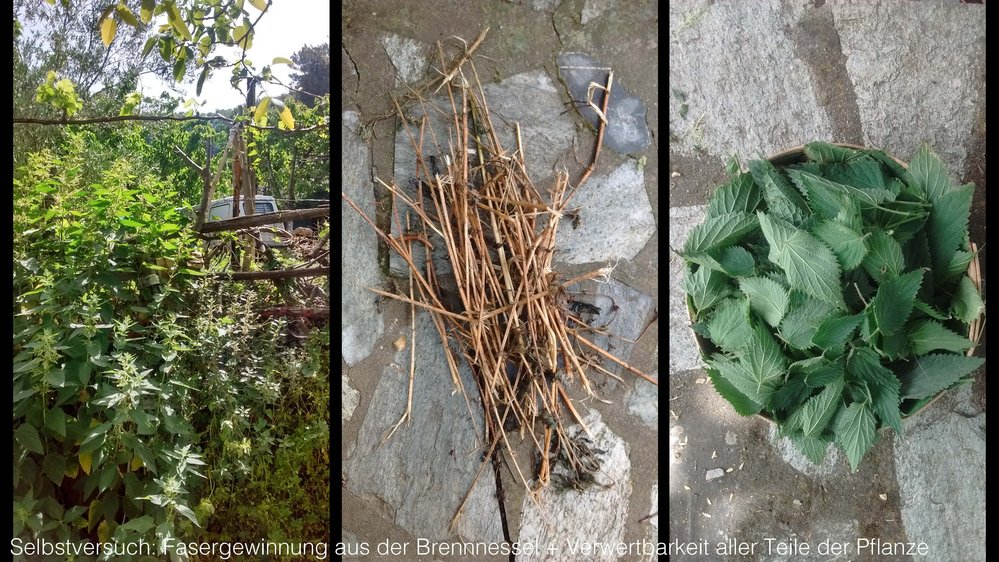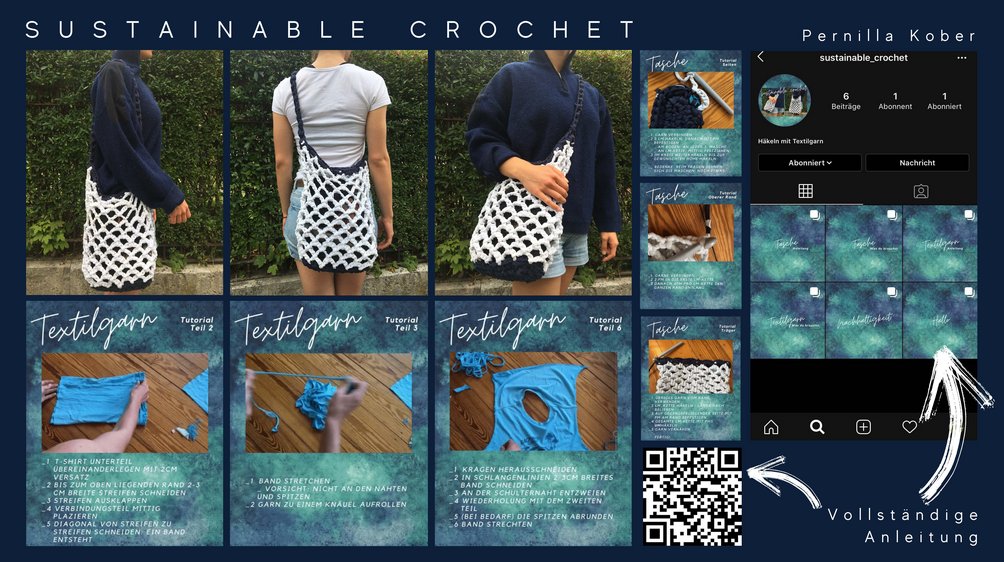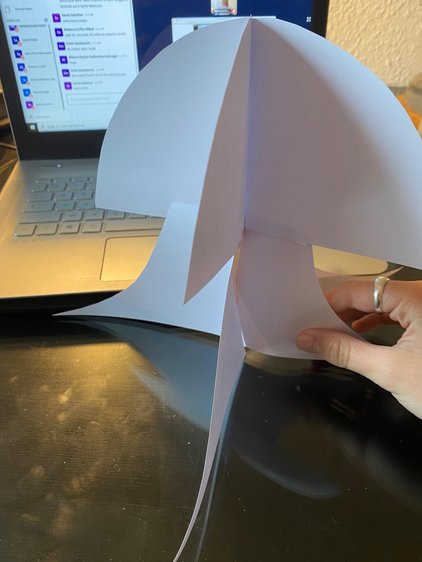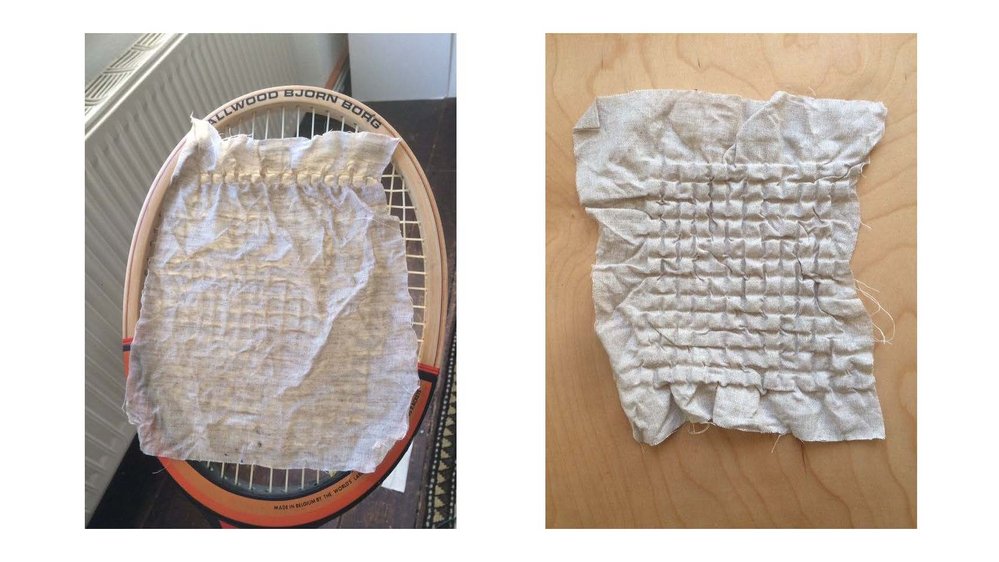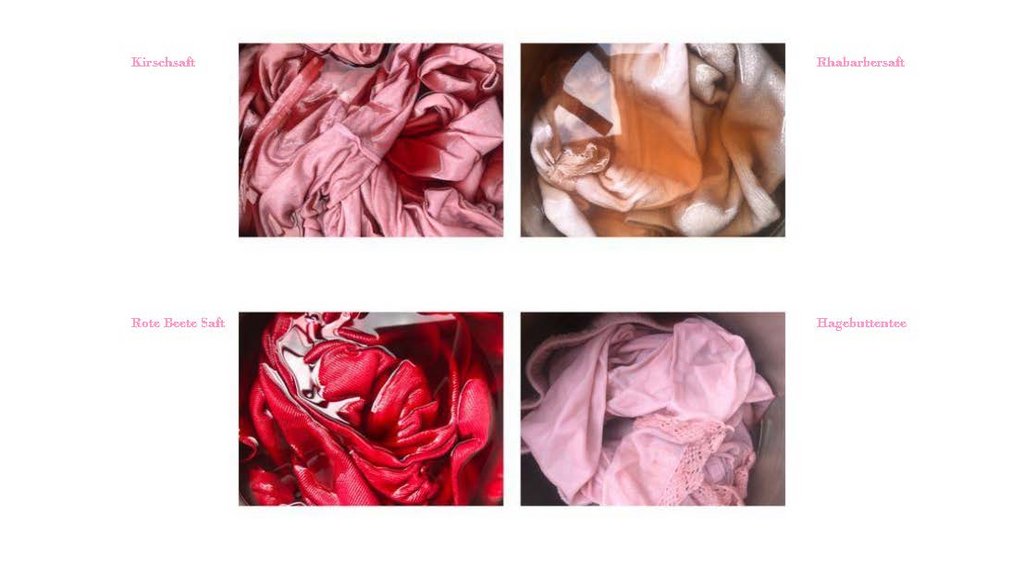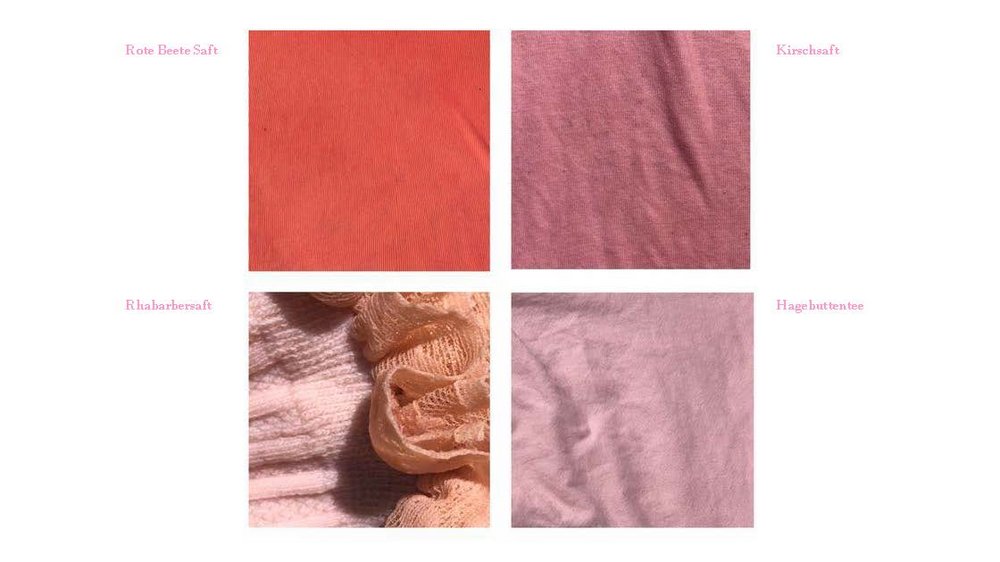From Field to Skin 1 & 2
Project information
submitted by
Rebecca Hilbel
Co-Authors
Stina Amrhein,
Sara Drasdo,
Emin Dazdarevic ,
Nelly Geburtig,
Marlene Reif,
Franziska Felger,
Viktória Stiga,
Lilla Kammermann,
Héloïse Hoefer,
Milena Hufnagel,
Sera Neumann,
Xenia Günther,
Antonia Besel,
Pernilla Joy Nevin Kober,
Nele Mangels,
Paula Thurow,
Shannon Golic,
Nicholas-Joel Kisling,
Mentors
Katharina Mänz, Rebecca Hilbel,
Prof. Dr. Silvio Beier;
Referentinnen:
Anne Marx, Natascha von Hirschhausen, Romi Klockau
Faculty:
Civil and Environmental Engineering,
– Other –
Degree programme:
Architecture (Bachelor of Science (B.Sc.)),
Urban Planning (Bachelor of Science (B.Sc.)),
Civil Engineering [Construction, Environment, Building Materials] (Bachelor of Science (B.Sc.)),
Management [Construction Real Estate Infrastructure] (Bachelor of Science (B.Sc.)),
Visual Communication (Bachelor of Arts (B.A.)),
Media Art and Design (Bachelor of Fine Arts (B.F.A.)),
– Other –,
Media Studies - Study programm European Media Culture (EMK) (Bachelor of Arts (B.A.) and Licence en Information-Communication (L.I.C.)),
Media Studies (Bachelor of Arts (B.A.))
Type of project presentation
Presentation
Semester
Summer semester 2020
attractive to children
Participation in the Bauhaus.Modules
Links
https://www.uni-weimar.de/de/uni...
https://www.uni-weimar.de/de/uni...
https://www.instagram.com/sustai...
Contributors:
Schenke - Ausstellungsort August/September
Project description
The Bauhaus.Module From Field to Skin was splitted into two parts:
Part 1: Understanding the Textile Chain and Sustainability
Conventional cotton vs. regional hemp fibers - what can sustainability mean in the era of fast fashion? In this Part we examined the complexity of the (non-transparent) textile supply chain and raised awareness of its weak points. We aimed for understanding and questioning the entire life cycle of a garment during the seminar. Aspects of environmental protection were analyzed from an easily understandable engineering point of view, but also from an ethical and social perspective and viewed from an artistic and design point of view.
Part 2: Development of Sustainable Concepts for the Fashion Industry
Fast fashion or fairly produced organic cotton Eco fashion? Greenwashing, Eco trend or fairstainability? How much sustainability do we wear directly on our skin? We approached the issue from the cycle and started with the raw materials. Which materials are used and how can the processes be improved more holistically?
For this purpose, solutions should be sought, alternatives were tested and experiments dared. Whether clothes-swapping, filtering water, producing fibers or drafting a concept, practical ideas are required. We worked in an open-ended and process-oriented way with the diverse expertise that students of the various disciplines bring with them.
Email: rebecca.hilbel[at]uni-weimar.de
Files and presentations
- Colours_of_Nature-Red_to_Pink_von_Shannon_Golic.pdf
- Kampagnen_und_NGO_s.pdf
- Nachhaltige_Konzepte_in_der_Textilbranche_an_anderen_Orten.pdf
- Nachhaltige_online_Konzepte.pdf
- Nachhaltige_Textilien_in_Weimar.pdf
Exhibition Location / Event Location
- – ONLINE –
- – Other –, Schenke

